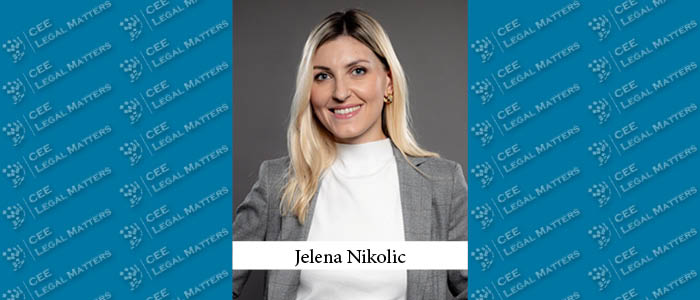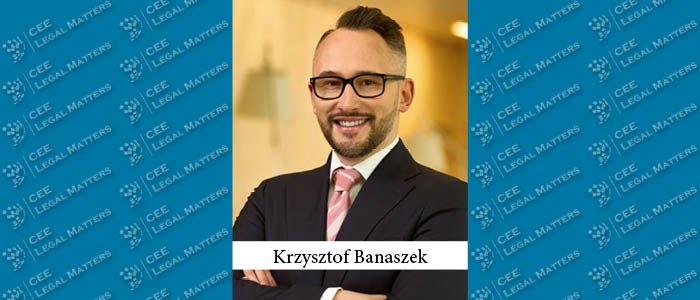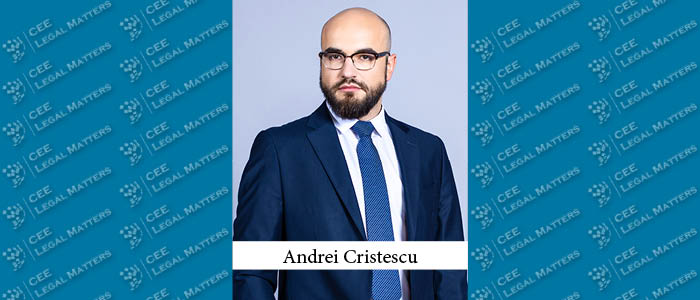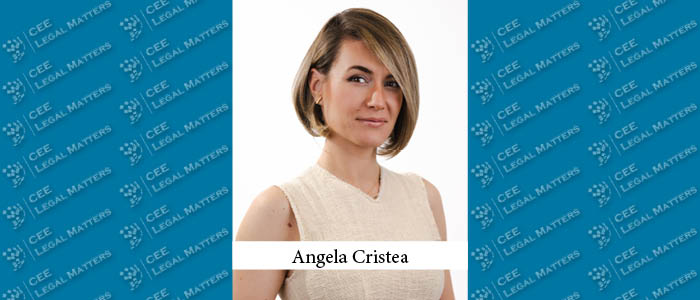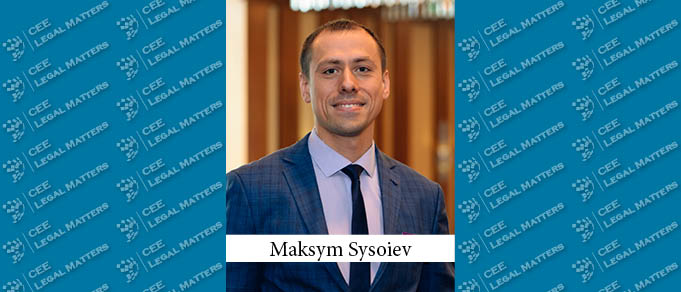Three years after its launch, e-Justice in Bulgaria is still under construction and improvement and has not yet reached its final form.
Albania Implementing New Income Tax Law
Albania has officially implemented law no. 29/2023, dated 30.03.2023 “On Income Tax”, effective starting from 1 January 2024; repealing and replacing law no. 8438, dated 28.12.1998 “On Income Tax”, as amended. Despite successive amendments over the years, law no. 8438 is deemed outdated and inadequate in addressing the contemporary principles and methodologies associated with personal income tax and corporate income tax (the “New Income Tax Law”).
Entering Into Force of the General Act and the Date of its Implementation – is There a Difference?
Amendments to laws and other regulations must stipulate transitional and final provisions. They regulate, among other things, the date of entry into force of the act, which is, as a rule, eight days starting from the day of its publication in the "Official Gazette of the Republic of Serbia", while in certain cases later implementation of the act or its certain provisions is foreseen.
Mergers & Acquisitions and Intellectual Property
In the context of mergers & acquisitions (M&A), Intellectual Property (IP) plays an extremely important role in assessing the value and risks associated with the target company.
Enforcement Activities of the Largest Competition Regulators in AI
Effective enforcement of competition rules in the AI world is on the horizon. Competition regulators around the world are closely monitoring the advancement of AI and the competitive landscape across various facets of AI.
Ukraine: The Classifier of Professions has Been Significantly Updated
In Ukraine, employee job titles should be named exclusively in accordance with the national classifier DK 003:2010 "Classifier of Professions".
Life Sciences Bulletin: Recent notable changes to life sciences regulation in Hungary
A reorganisation of the authorities regulating the pharma sector and new legislative pieces have brought notable changes to the life sciences sector in Hungary.
Competition Perspective of M&A Deals after the Towercast Case
One of the most important questions within every M&A deal is whether the transaction at hand is subject to merger clearance. The answer to said question might impact the timeline and (potentially) the successful completion of the deal itself. Up until Towercast cases (C-449/21), the analysis was straightforward by applying the clear turnover-based rules defining the applicability of the Regulation No 139/2004 (“Merger Regulation”).
Poland’s Family Foundation Act: Celebrating its First Anniversary
For many years it has been clear for Polish entrepreneurs that there is no simple legal answer to their strong need to secure their family assets, and above all their family businesses, for future succession. Due to the lack of appropriate instruments in the Polish legal system, many national entrepreneurs were forced to use the legal institutions of other jurisdictions. This solution was highly uncomfortable because of the differences in legal regimes and foreign legal requirements that did not entirely meet the needs of domestic entrepreneurs.
Vires in Numeris – Romania transposes EU regulated class action institution
In 1998, in the aftermath of the most famous class action in history, Philip Morris and three other tobacco companies had to pay a $ 206,000,000,000 settlement covering medical costs for smoking-related illnesses.
Changes of the Value Added Tax Act (ZDDV-1) in Slovenia from January 1, 2024
In a recent update to the VAT Act in Slovenia, notable amendments have been introduced, particularly focusing on services in the public interest. Article 42(1)(5) of the VAT Act has changed, emphasizing VAT exemptions exclusively for services provided within activities deemed in the public interest.
Intended Changes to the Grid Connection Rules in Romania – The Auction-Based Mechanism and New Rules on Financial Guarantees
On 1 February 2024, the National Energy Regulatory Authority (ANRE) in Romania published for consultation an order aimed at approving new rules in the power grid connection sector.
Processing of Personal Data in Serbia – Video Surveillance and GPS Tracking
Processing personal data through video surveillance and GPS tracking is a widespread practice that is used for a variety of purposes. Nonetheless, this is a matter that is not clearly defined by law, and there is no consensus practice that would provide guidelines for data processors on how to achieve legal compliance.
Are Questions on a Test Considered Personal Data?
In German case law the stance was taken recently that questions on a test undertaken by a specific individual do not constitute personal data within the meaning of the General Data Protection Regulation (“GDPR”). The court’s position is that these questions, therefore, should not be included in the copy of data issued or provided in accordance with Article 15(3) of the GDPR (right to access to personal data undergoing processing).
Approaching the Full Enactment of the EU Digital Services Act (DSA): Steps to Ensure Compliance and Readiness
As background, in December 2022, the EU Council adopted the policy programme ‘Path to the Digital Decade’, aiming to facilitate a seamless transition to digital transformation by 2030, aligning with EU values. This program sets specific digital targets for EU countries to achieve by 2030, including the development of national trajectories and strategic roadmaps to enhance digital infrastructure's security, accessibility, and sustainability. Notably, a key focus area of the EU digital strategy is digital services.
Hungarian Government Adopts New Decree to Tackle Shrinkflation
Most of us have likely encountered a situation where we bought our favourite chocolate at the grocery store, only to be surprised upon opening it at home to find that the size and weight of the chocolate had decreased, while the packaging and price remained unchanged.
Ukrainian Regulator Postpones the Deadline Registering as a Wholesale Energy Market Participant until April 1, 2024
On January 31, 2024, Ukraine’s National Energy and Utilities Services Commission (the Regulator) adopted Resolution No. 232 On Approval of Amendments to the Resolution of the Regulator 1812 dated October 4, 2023 (the Amendments).
The Determination of the Rental Increase Rate and 25% Limitation
According to the Provisional Article 1, that is added to the Turkish Code of Obligations with the 4th article of the "Law on Amendments to the Lawyers' Code and the Turkish Code of Obligations" numbered 7409, which was published in the Official Gazette on 11.06.2022 and is valid as of that day residential rent agreements regarding the rental fee to be applied in the renewed rental periods between the date of entry into force of this article and 01.07.2023 (including these dates) are valid, provided that they do not exceed twenty-five percent of the rental fee of the previous rental year. In other words, contracts containing more than a twenty-five percent increase in housing rent compared to the previous year were deemed invalid in terms of the excess amount.



